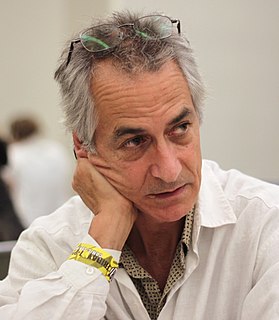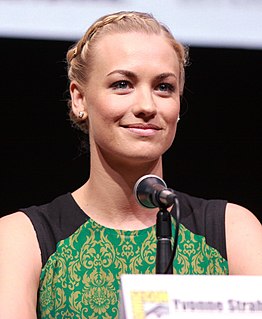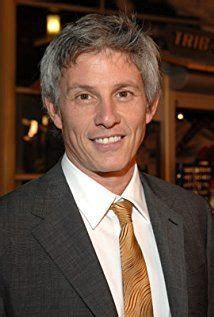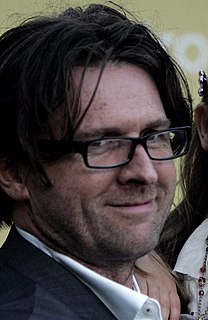A Quote by David Strathairn
It would be real nice to have some kind of bell or whistle attached to this film - it would give it a longer life. People seem to need that validation to go to a film these days.
Related Quotes
I really took it in-house. The Constantine character has a kind of flesh-and-blood practical look at things that would seem, other people would use the word, occult or spiritual. But here, demons are real. So for me it was more taking it from the film itself. I didn't really need to go outside the piece itself to inform me because the perspective on it, what the character does, was provided by the script.
I would make a huge distinction between theater improvisation and film improvisation. There isn't much improvisation in film - there's virtually none. The people that theoretically could be good at this in a theater situation don't necessarily do this in a film in a way that will work, because it's much broader on a stage. But in a movie, it has to be real, and the characters have to look entirely real because it's being done as a faux documentary, so there are even fewer actors that can do that on film.
When you go into a movie and you're surprised by it - these days with brand recognition being such an important thing and essentially trailers, the way trailers have evolved encouraging people not to see the film unless they've already seen the film which is kind of the paradox of marketing these days anytime that you enjoy genuine sense of wonder and surprise in the movies it's priceless.
About my work, my first film, Écoute le Temps (Fissures), was positioned by distributors as a thriller because they thought that it would sell more easily. But it was surely a mistake, as that kind of viewer did not take the bait, and it drew away its potential core audience, those whom I met in festivals and in various Q&As who seem to appreciate that particular kind of cross-over arthouse film.



































